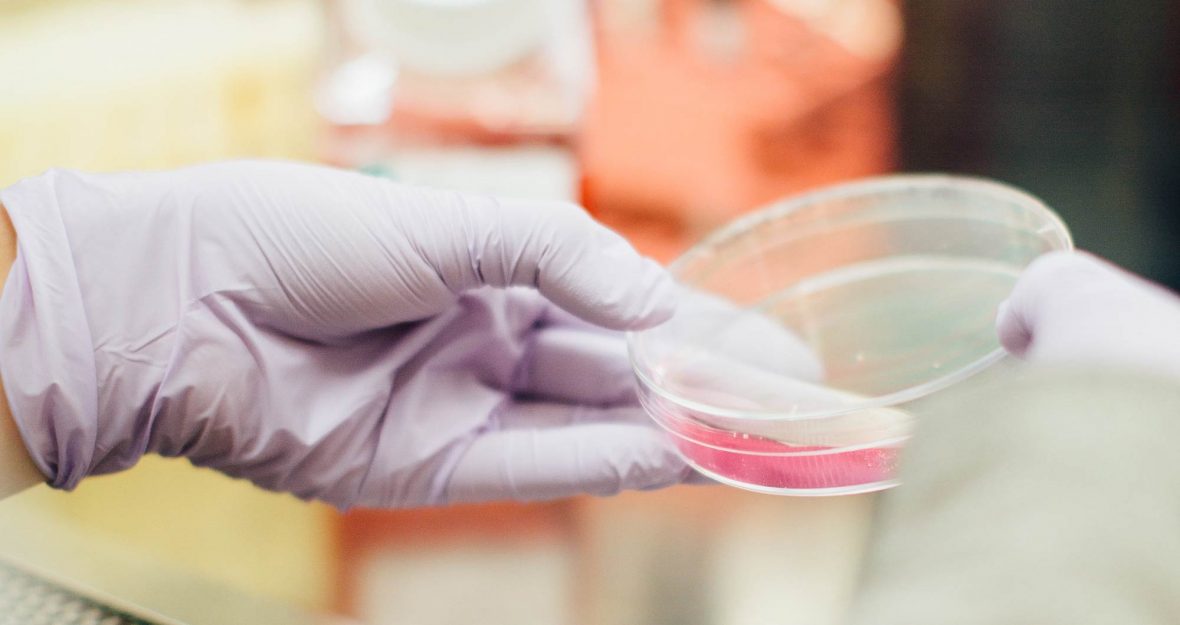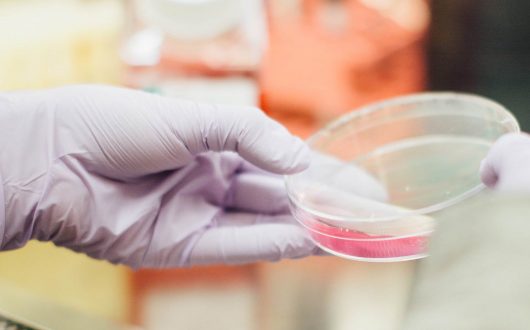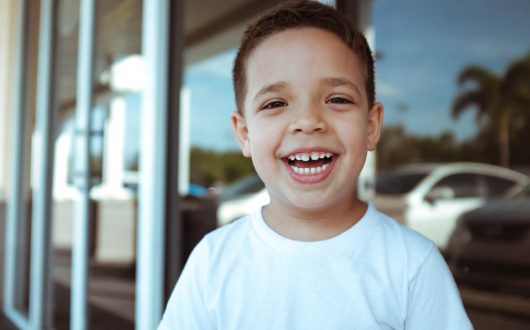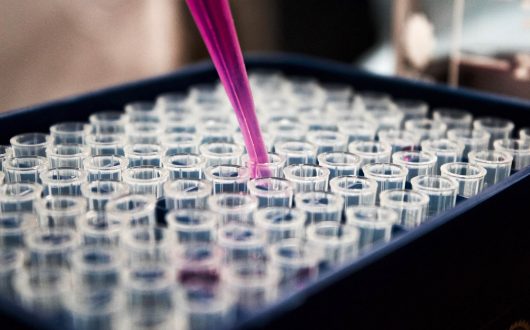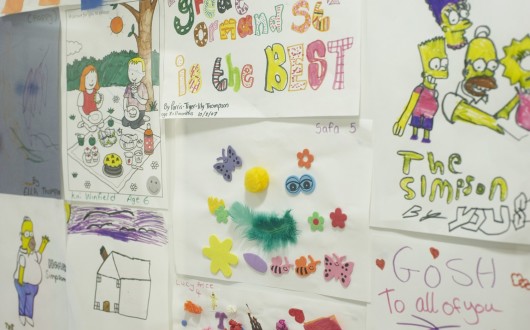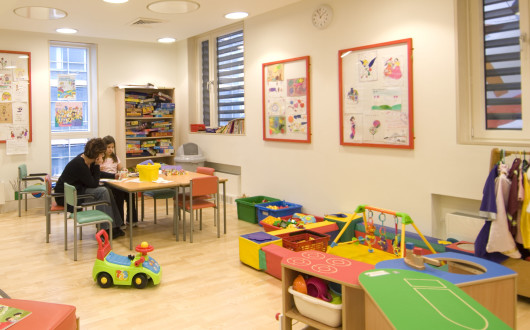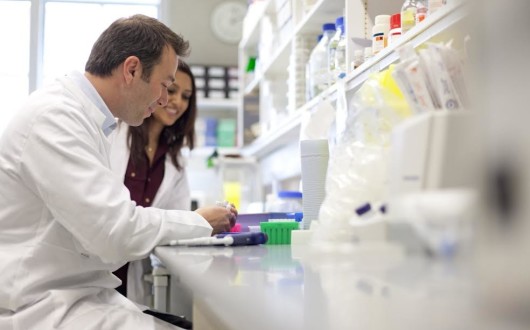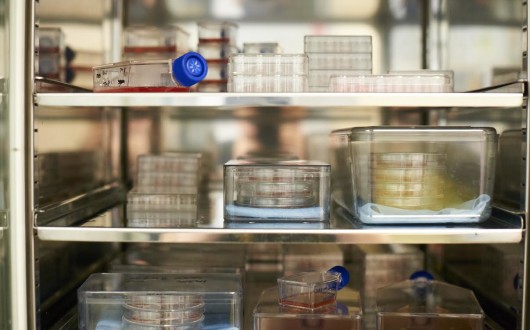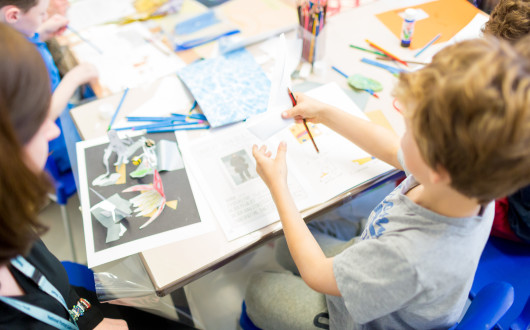The Olivia Hodson Cancer Fund funded this Research by Stefanie Meier, Sandra Cantilena, Maria Victoria, Niklison Chirou, John Anderson, Darren Hargrave, Paolo Salomoni, Jasper de Boer and David Michod.
Alcohol-abuse drug disulfiram targets pediatric glioma via MLL degradation
Pediatric gliomas comprise a broad range of brain tumors derived from glial cells. While high-grade gliomas are often resistant totherapy and associated with a poor outcome, children with low-grade gliomas face a better prognosis. However, the treatment oflow-grade gliomas is often associated with severe long-term adverse effects. This shows that there is a strong need for improvedtreatment approaches. Here, we highlight the potential for repurposing disulfiram to treat pediatric gliomas. Disulfiram is a drugused to support the treatment of chronic alcoholism and was found to be effective against diverse cancer types in preclinicalstudies. Our results show that disulfiram efficiently kills pediatric glioma cell lines as well as patient-derived glioma stem cells. Wepropose a novel mechanism of action to explain disulfiram’s anti-oncogenic activities by providing evidence that disulfiram inducesthe degradation of the oncoprotein MLL. Our results further reveal that disulfiram treatment and MLL downregulation inducesimilar responses at the level of histone modifications and gene expression, further strengthening that MLL is a key target of thedrug and explaining its anti-oncogenic properties.
The full article is available on nature.com via this link.


